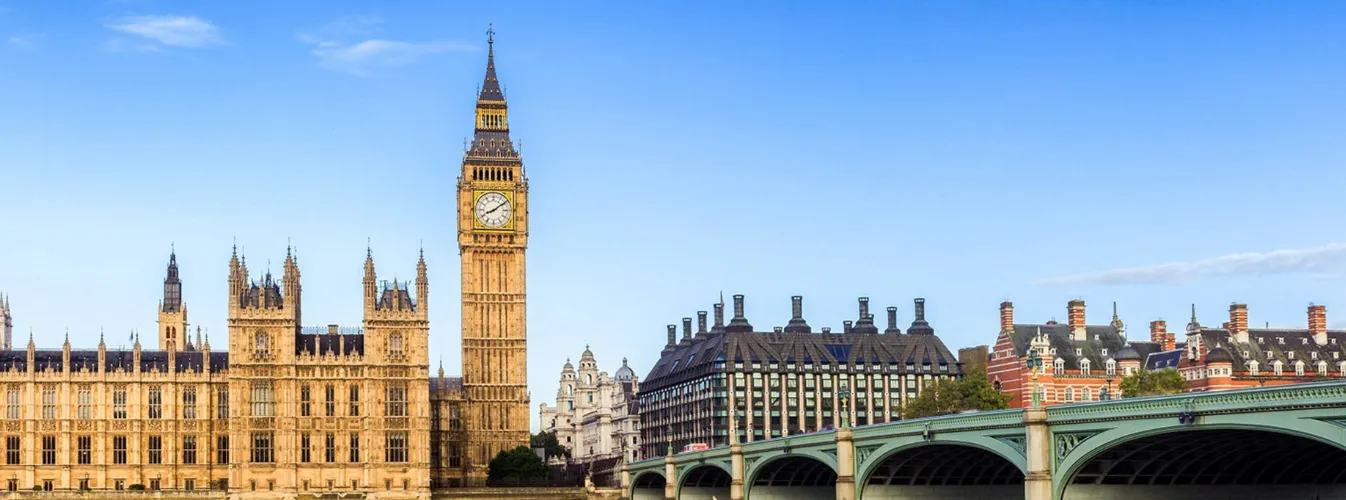 News
News 65
65
In a recent development, the United Kingdom government has announced stricter measures regarding Indian students’ visas and their rights to bring family dependents. These changes have raised concerns and drawn criticism from various quarters.
Under the new regulations, Indian students seeking visas for higher education in the UK will face increased examinations. The government claims that these measures are aimed at curbing immigration abuse and protecting the integrity of the visa system. However, critics argue that the changes will adversely impact genuine students and discourage Indian talent from pursuing education in the UK.
One of the major changes is the imposition of stringent financial requirements. Indian students will now have to demonstrate higher funds for maintenance during their studies, making it more challenging for many to afford to study in the UK. This move has sparked concerns about the accessibility of higher education for Indian students, especially those from economically disadvantaged backgrounds.
Furthermore, the UK government has also tightened the rules regarding the rights of Indian students to bring their family dependents. Previously, students pursuing courses at a degree level or above could bring their spouses, partners, and children to the UK. However, the new regulations limit this privilege only to postgraduate students enrolled in programs lasting at least nine months. This change has caused distress among students who had planned to bring their families to the UK, disrupting their educational and personal aspirations.
These restrictions have drawn criticism from Indian student communities, universities, and human rights advocates. They argue that the UK’s higher education sector has greatly benefited from the contributions of Indian students, both academically and economically. Restricting their access and imposing burdensome financial requirements may deter talented Indian students from pursuing education in the UK, leading to a loss of diversity and innovation within British universities.
Moreover, concerns have been raised about the impact on the mental health and overall well-being of Indian students. Family support plays a crucial role in providing emotional stability, especially in a foreign country. By limiting their ability to bring their families, the UK government risks isolating students and potentially harming their academic performance and mental health.
As these new measures take effect, it is essential for the UK government to strike a balance between safeguarding the integrity of the visa system and ensuring equal opportunities for talented Indian students. Collaborative efforts between the two countries could explore alternative solutions that address concerns without disproportionately burdening students. Preserving the openness and inclusivity of the UK’s higher education system will be crucial for maintaining strong bilateral ties and promoting educational excellence in the years to come.


